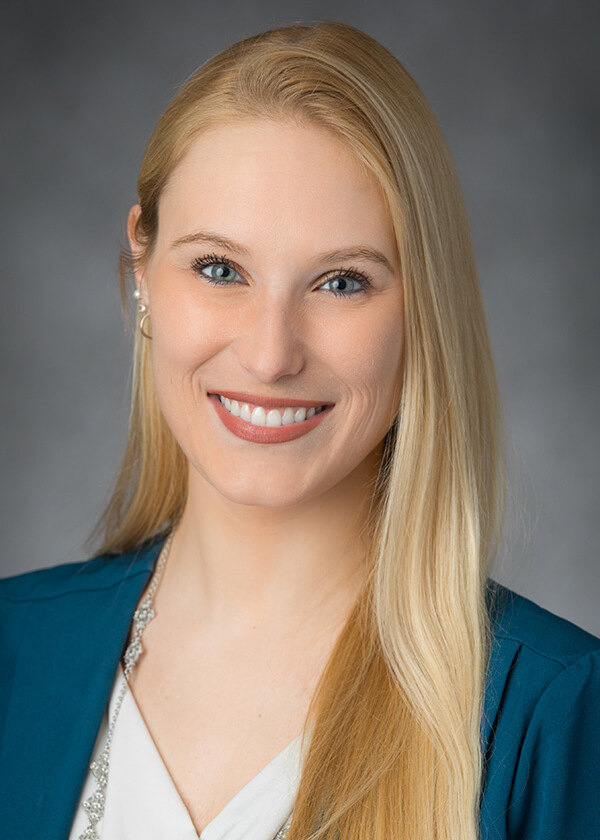Changes to Hardship Withdrawal Restrictions
September 17, 2019 | Authored by Christine D. Schmitt CPA
 September 17, 2019 – Regulations issued by the IRS have clarified new hardship withdrawal rules for 401(k) and 403(b) plans under the Bipartisan Budget Act of 2018. Prior to these changes, participants were suspended from making salary deferrals following a hardship withdrawal for a period of time. With the new regulations, participants no longer are subject to this restriction. In addition, participants will no longer be required to first obtain a loan from the plan, prior to taking a hardship withdrawal. These changes are effective on or after January 1, 2020 with early adoption permitted as early as January 1, 2019. Another change is that Plan administrators may rely on an employee’s written self-certification of insufficient assets to satisfy the financial need, unless the plan administrator has knowledge to the contrary.
September 17, 2019 – Regulations issued by the IRS have clarified new hardship withdrawal rules for 401(k) and 403(b) plans under the Bipartisan Budget Act of 2018. Prior to these changes, participants were suspended from making salary deferrals following a hardship withdrawal for a period of time. With the new regulations, participants no longer are subject to this restriction. In addition, participants will no longer be required to first obtain a loan from the plan, prior to taking a hardship withdrawal. These changes are effective on or after January 1, 2020 with early adoption permitted as early as January 1, 2019. Another change is that Plan administrators may rely on an employee’s written self-certification of insufficient assets to satisfy the financial need, unless the plan administrator has knowledge to the contrary.
For 401(k) plans, hardship withdrawals are permitted from elective deferrals, Qualified Non-Elective Contributions (QNEC), Qualified Matching Contributions (QMAC) and safe harbor contributions and earnings on these amounts. For 403(b) plans, hardship withdrawals are permitted from elective deferrals and earnings on amounts are ineligible for hardship withdrawals. Hardship withdrawals from QNEC and QMAC are limited to certain non-custodial 403b plans.
Changes to the safe harbor list of eligible hardship expenses include:
- Hardships for medical, educational or funeral expenses may be incurred by the ‘primary beneficiary under the plan.’
- Casualty loss damage to a principal residence does not have to be due to federally declared disaster area.
- New category of hardship for expenses incurred as a result of federally declared disaster designated by FEMA.
Plan amendments will be needed for the hardship withdrawal changes. Individually designed plans will need to be amended no later than the end of the second calendar year following the issuance of the hardship changes on the required amendment list, while pre-approved plans will need interim amendments likely in the year following the issuance of the final regulations.
This article is an excerpt from Dopkins Employee Benefits Newsletter. To read the complete content, please click here.
For more information, please contact Chrissy Schmitt at cschmitt@dopkins.com.

About the Author
Christine D. Schmitt CPA
Chrissy performs audit and review services for industries ranging from Non for profit to manufacturing. She is a graduate of the Amherst Chamber of Commerce Emerging Business Leaders program.

